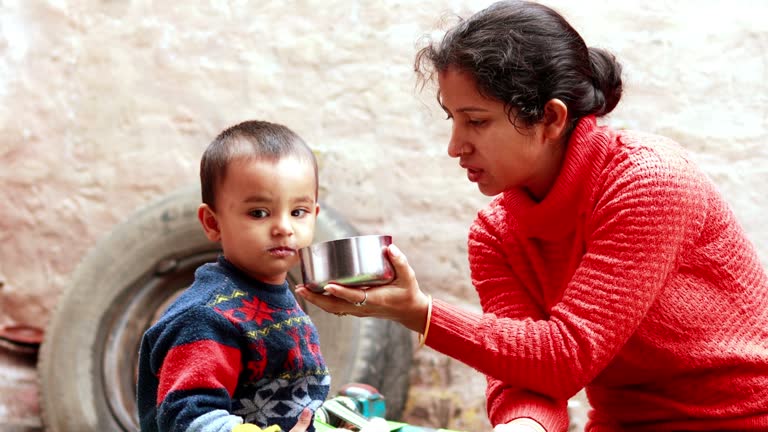A landmark study published in BMC Pregnancy and Childbirth has highlighted that 82 Indian districts experience higher-than-average rates of unintended pregnancies. This first-ever district-level analysis sheds light on concerning patterns with districts from Bihar, Uttar Pradesh, Madhya Pradesh, Delhi and even Kerala showing troubling trends. Despite Kerala’s advanced healthcare and literacy rates, eight of its 14 districts report elevated levels, challenging assumptions about the impact of socio-economic progress on women’s reproductive autonomy.
Factors like low literacy (Bihar: 61.7%, Uttar Pradesh: 73%), conservative norms and limited individual agency for women contribute to these rates in northern states. However, even urbanized hubs like Delhi and Kerala remain affected revealing the deep cultural preference for male children and systemic gender biases. The pervasive culture of violence against women adds complexity by raising concerns about whether victims of sexual assault have equal access to reproductive healthcare.
This research offers significant opportunities for policymakers. Identifying areas with low contraception use can guide targeted interventions while Kerala’s unexpected statistics suggest gaps needing further exploration. The study’s findings can shape future research and help dismantle assumptions about literacy and healthcare as sole determinants of reproductive health.




